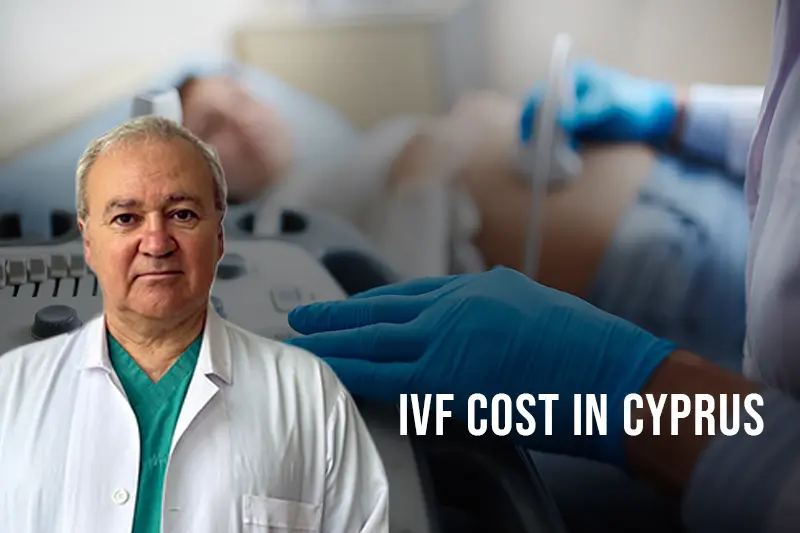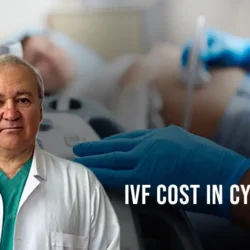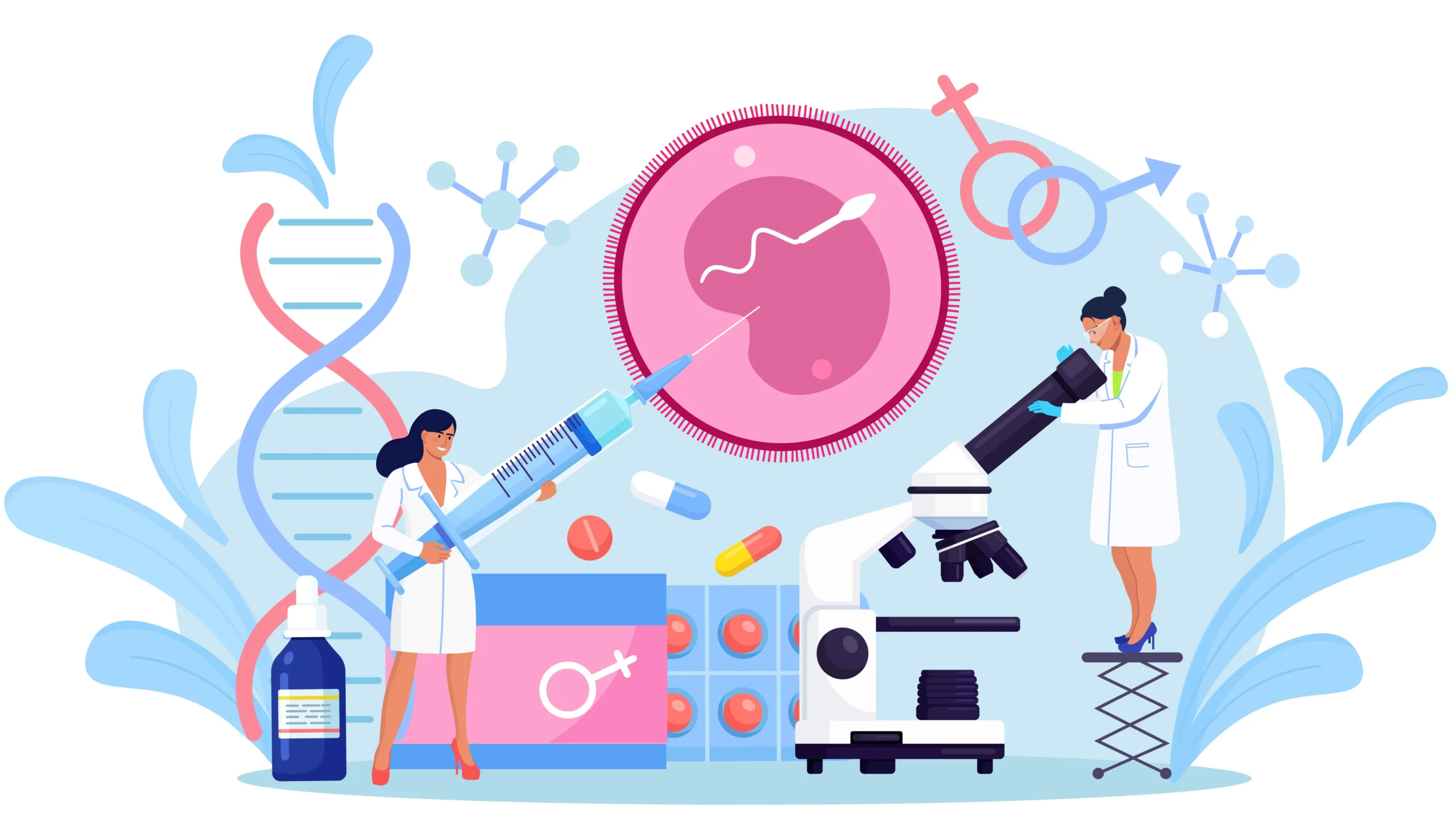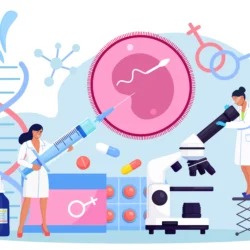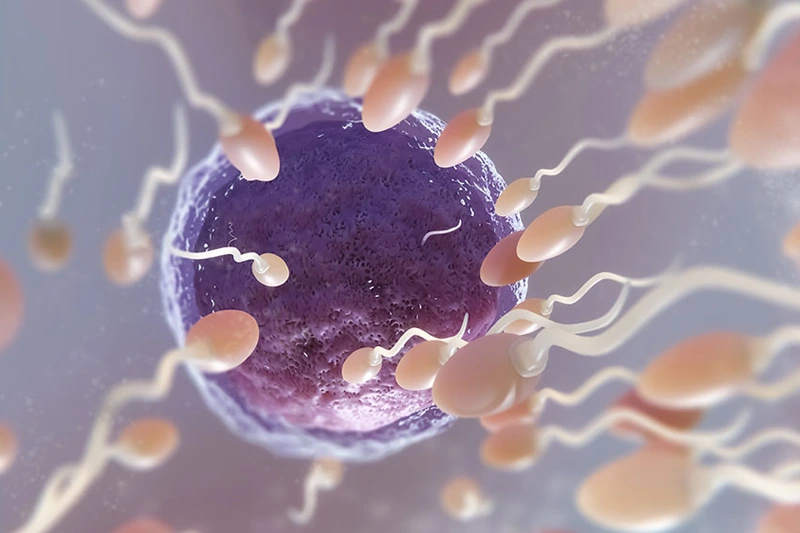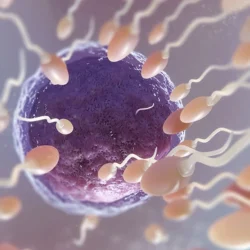IVF treatment has become a popular and effective solution for couples experiencing infertility issues. However, one of the most common questions from couples considering IVF is about the age limit for the treatment. As an IVF Hospital in Cyprus we’ll explore “Up to what age can IVF be done?” and examine how age affects the success rates of IVF treatment.
What is IVF Treatment?
IVF, or in vitro fertilization, is a reproductive method where fertilization occurs in a laboratory environment. In this process, eggs retrieved from the woman and sperm from the man are combined, resulting in fertilized embryos that are later transferred to the woman’s uterus. This method is a significant option for couples who are unable to conceive naturally.
Age Limit and Success Rates in IVF Treatment
IVF success rates vary depending on multiple factors, the primary one being the woman’s age. Generally, women under the age of 35 have higher success rates with IVF. However, from age 35 onwards, success rates begin to decline, and the chance of success decreases further with age. Thus, it’s essential to consider age before starting the treatment.
In Cyprus, the legal age limit for IVF treatment is 46. However, this age limit, while legal, does not guarantee treatment success. Women over 40 have a lower chance of successful IVF with their natural eggs. In such cases, options like egg donation may be considered.
Egg Reserve and Quality
The impact of a woman’s age on IVF success is directly linked to her egg reserve and quality. As a woman ages, her egg reserve decreases, and the quality of the remaining eggs also declines. This reduction in both quantity and quality of eggs diminishes the chances of a successful IVF outcome. Especially after age 40, egg reserves drop sharply, making it harder to find quality eggs.
Egg Donation and IVF
For women over 40, egg donation is an option that may increase the chances of IVF success. Egg donation involves using eggs from another woman, offering a higher success rate for those with low egg quality due to age. Egg donation is an important option for women seeking IVF before reaching menopause, as younger, healthier donor eggs can significantly improve the chances of success.
Male Factor in IVF Treatment
In IVF, the male factor is also crucial. Sperm count, motility, and morphology all play vital roles in successful IVF. For couples with male factor issues, other techniques, like intracytoplasmic sperm injection (ICSI), can be used to improve the chances of success.
Is There an Age Limit for IVF Treatment?
While there isn’t a specific age limit for IVF, age remains a critical factor that influences success rates. Women under 35 generally experience higher success with IVF, whereas women aged 35 and older have decreased chances. For women over 40, options like egg donation can be explored. Though Cyprus’s legal age limit is 46, treatment success cannot be guaranteed at any age.
Additional Factors Influencing IVF Success
Other factors affecting IVF success include the experience and technological infrastructure of the clinic, embryo quality, the number of embryos transferred, and the uterine environment. Choosing a reputable and experienced clinic is essential in the planning process for IVF treatment.
Alternative and complementary therapies like acupuncture, meditation, yoga, and massage may also support IVF by reducing stress and helping the body’s reproductive processes.
IVF treatment is a vital method that can help fulfill the dream of parenthood. Considering factors such as age, health status, and reproductive potential while evaluating the most suitable treatment options and consulting with an expert can significantly improve the chances of success.




